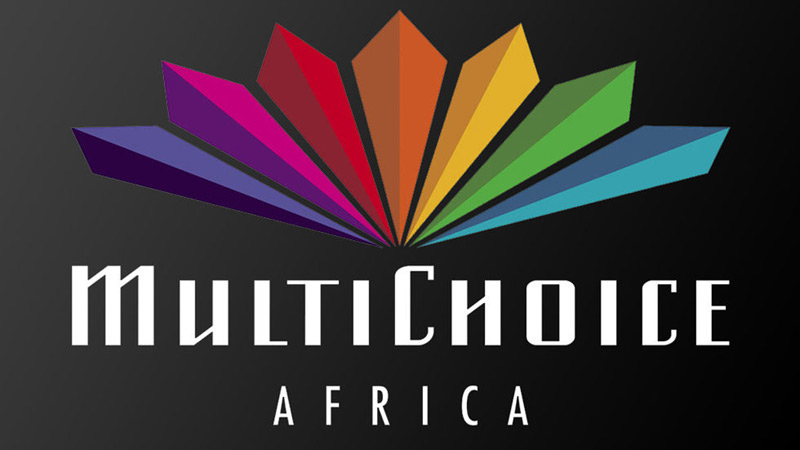African broadcast giant, MultiChoice has stated that the attempts by the Independent Communications Authority of South Africa (ICASA) to stimulate competitiveness in the playing fields among local broadcasters will have unintended consequences.
“We should not be trying, through regulation, to bring MultiChoice to its knees,” said MultiChoice Group CEO, Calvo Mawela. This came after the pay-Tv giant defended itself against allegations of having a monopoly in the market, adding that it has not created barriers to entry in the pay-TV market.
ICASA held the public hearings and submission between 12th and 15th of January in respect of its draft-finding document published in 2019 on subscription television broadcasting services.
MultiChoice, in its submissions, stated that it was not the enemy of local broadcasters and that international streaming sights were what ICASA should be looking at regulating in an increasingly crowded audio-visual market.According to MultiChoice, rapid technological development and changing content consumption patterns have caused significant disruption, lowering entry barriers and switching costs.
ICASA, on the other hand stated it was determined to stimulate competitiveness in a market MultiChoice had dominated for more than two decades, adding that most South Africans should have access to sports broadcasts which would not happen as a result of However, due to MultiChoice’ exclusive broadcast rights.
Meanwhile, the Premier Soccer League (PSL) and SA Rugby sports bodies have argued against ICASA’s draft.
SA Rugby CEO Jurie Roux said: “Exclusivity is the main source of our revenue and with less money, it means there will be less rugby until we have to close our doors and only have club rugby. And then nobody will be interested in the game. SA Rugby needs to produce compelling content that is commercially viable so we can develop the game from grassroots level to winning national teams. We are 99.7% self-funded — we get only 0.3% of our income from the government — and broadcast rights bring in R752-million.”
Since 2017, ICASA has raised inquiry into pay tv broadcasting and proposed to restrict among others, Multichoice monopoly of premium sports content as a major intervention to redress recurring competition issues in the sector, by imposing licensing conditions to make the market more competitive.
In April 2019, the regulatory body published its draft findings following an inquiry into subscription TV broadcasting services. The findings contained remedies to boost competition and lower subscription prices in the pay-TV market which includes reducing contract duration, specifically for sports rights, splitting content rights and selling them to more than one broadcaster, and halving the number of Hollywood studios MultiChoice may enter into exclusive contracts with, so that free-to-air broadcasters such as the SABC and eMedia could have a fighting chance against the MultiChoice.
The regulatory body announced that it has accepted all submissions made during the week and would revert at a yet undisclosed time.






Comment
No comments found.